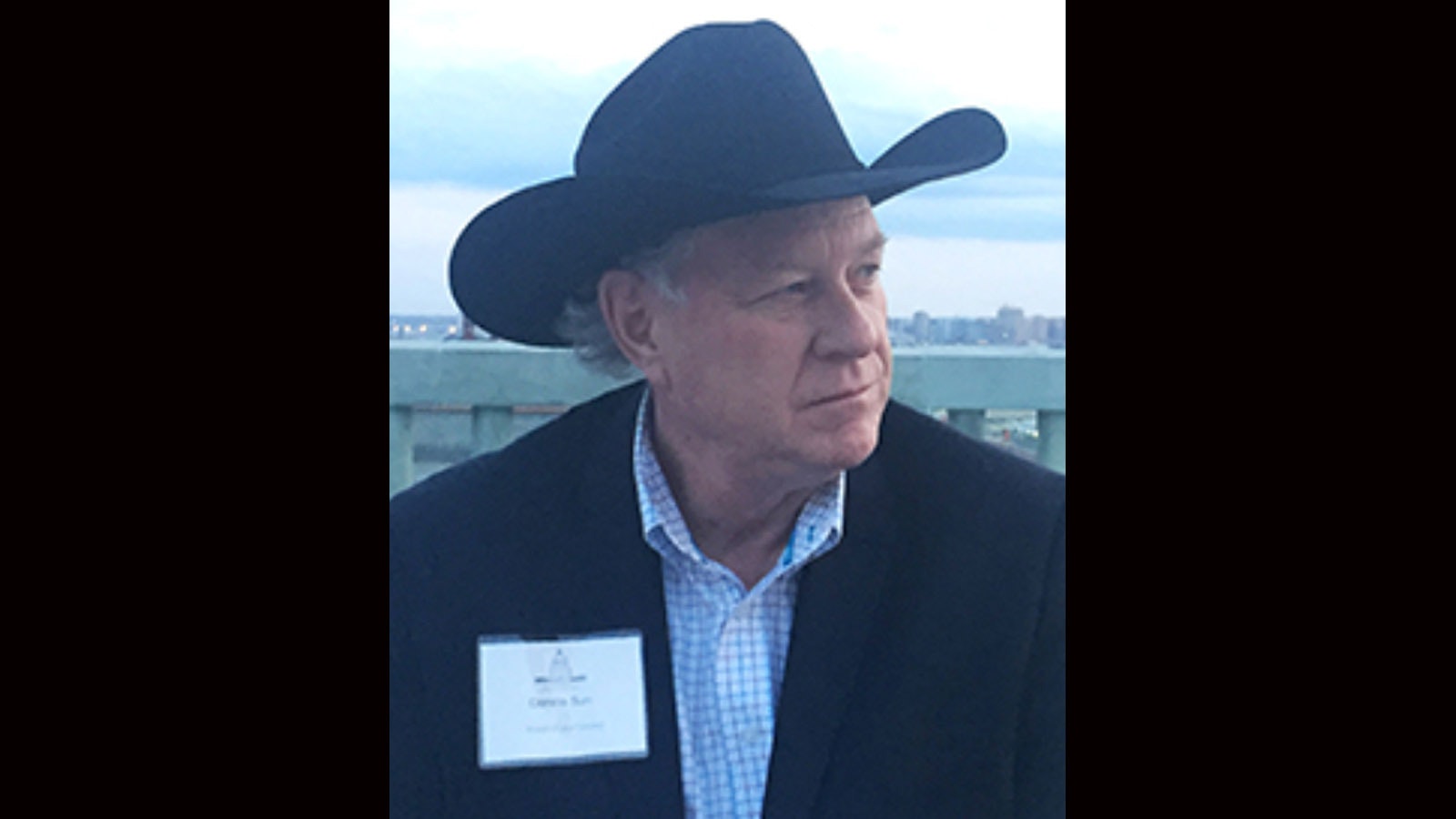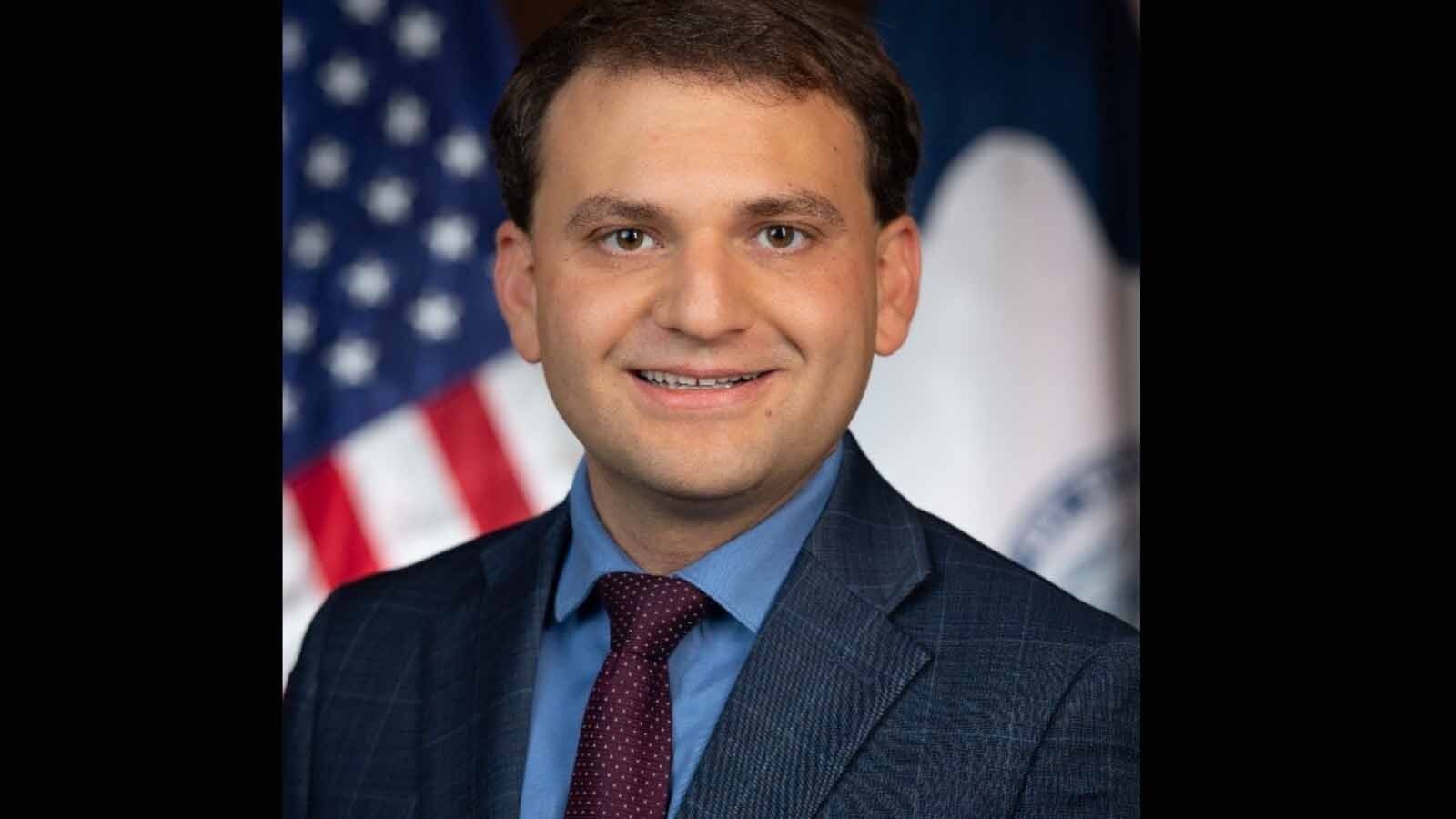By Dennis Sun, Wyoming Livestock Roundup
Living in a life of agriculture or in a rural setting has aspects many cherish. The isolation or small-town atmosphere is just what some people want.
We know this by the number of people moving into the region and the number of families moving back to the region, as well as the money they spend to do so.
While one might enjoy the opportunities small town or rural settings provide, they also recognize the challenges that go with it. It is easier to accept these challenges by growing up with them, rather than facing them when moving into a new setting.
One of the challenges recognized in rural settings is medical care, or more importantly, ambulance or medical transportation services. In past years, a person could pay for a membership to one of the Life Flight services of large hospitals in the region. The cost was affordable and provided great peace of mind.
I thought it was great. We signed up as a ranch and gave the service the coordinates for all the ranches. We did need to use it a couple of times, which made us appreciate the service all the more.
If one had to use the Life Flight service, but wasn’t a member, the cost of the service could reach $50,000 or more. In 2019, the Wyoming Legislature passed a bill which included language seeking to allow Medicaid to cover the Life Flight services, but was later rejected by Medicaid.
There was another bill this session, which is at this time still alive, but is being amended to work. As I understand it, the issues lie in determining if it is a membership or a medical transportation insurance.
The Senate is trying to make the bill work, but there are some legalities to deal with and the state of Wyoming has limitations on their ability to regulate air ambulance services, as they are federally licensed air carriers under the federal Airline Deregulation Act.
The legislature is in a hard spot to find a way to make this work for the people without being taken to court.
Currently, some insurance companies do include Life Flight insurance.
But, in some instances, after someone has used the service and if the insurance company deems the medical condition to not require air transport, insurance may not pay some, or all, of the bill.
One could be stuck with a $50,000 bill.
There is private ambulatory insurance available, providing complete coverage worldwide for either fixed wing, helicopter and ground ambulance transportation for both family and single coverage. Those over 50 years of age can get lifetime coverage. On top of complete coverage, it provides vehicle return or return transportation and escort transportation.
At some point, this issue is going to get worked out for the betterment of rural residents. We need to stay in touch with state legislators, thank them for their past work and hopefully, for their work towards a solution in the future.
In past years, those who worked or lived in rural areas have been taken advantage of by some services. It is time to get it worked out – lives depend on it.





